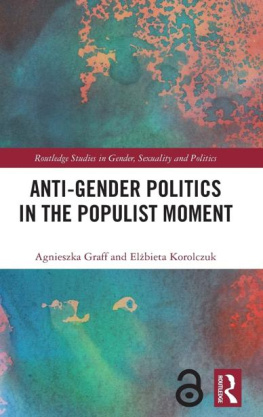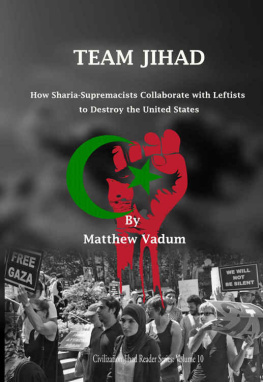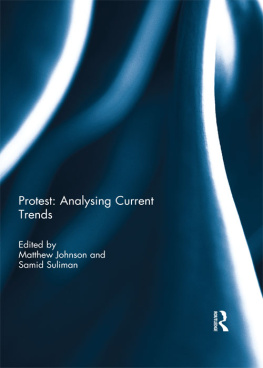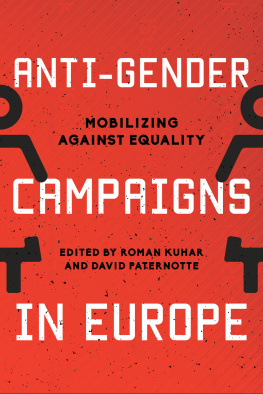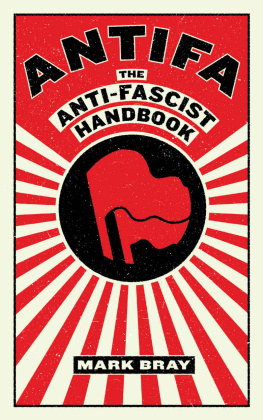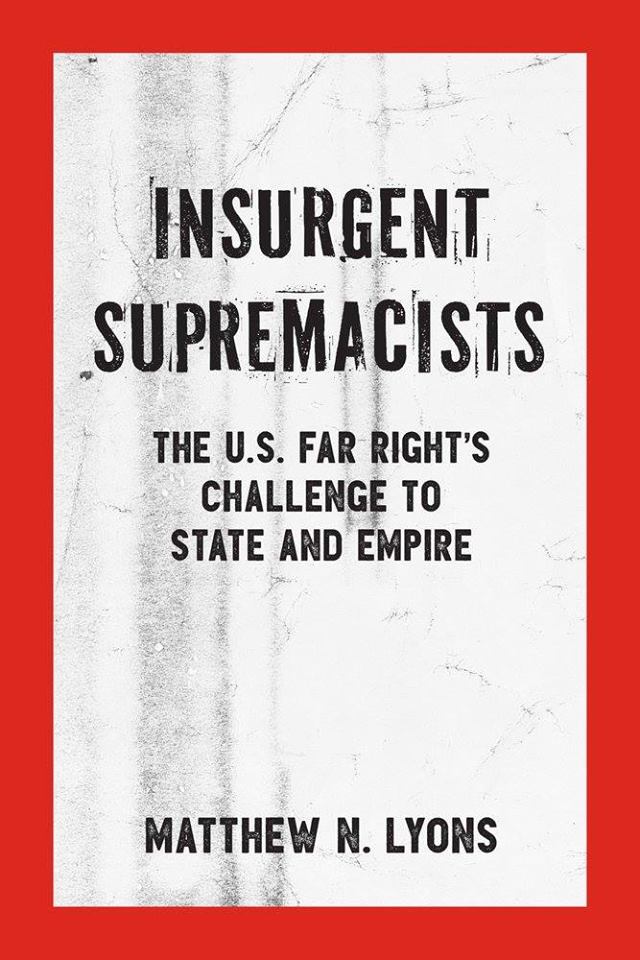I nsurgent Supremacists: The U.S. Far Rights Challenge to State and Empire
Matthew N. Lyons
Insurgent Supremacists: The U.S. Far Rights Challenge to State and Empire
Matthew N. Lyons
copyright Matthew N. Lyons, 2018
this edition copyright Kersplebedeb
ISBN: 978-1-894946-96-4
Kersplebedeb Publishing and Distribution
CP 63560
CCCP Van Horne
Montreal, Quebec
Canada H3W 3H8
www.kersplebedeb.com
www.leftwingbooks.net
PM Press
P.O. Box 23912
Oakland, CA 94623
www.pmpress.org
Layout by Kersplebedeb
Cover Design by John Yates
Introduction
F or people who thought the U.S. far right was an irrelevant lunatic fringe, the 2016 presidential race seemed like madness. It was bad enough that the victor was a right-wing populist who called for excluding people from the country based on ethnicity or religion, advocated torture, boasted about sexually assaulting women, and encouraged his supporters to beat up dissenters at campaign rallies. But on top of that, his campaign received important help from a network of activists known as the alternative right or alt-right, who want to break up the United States into racially segregated ethno-states. Styling themselves fashy goys (fascistic non-Jews), alt-rightists bombarded social media with gas chamber jokes, rape and death threats against women, and internet memes that vilified both liberal multiculturalists and mainstream conservatives. The alt-right helped Donald Trump score upset victories over his Republican rivals and Democrat Hillary Clinton, gaining unprecedented visibility and attention in return. But alt-rightists were never committed Trump fans, and just a few months after he took office they were bitterly criticizing Trump for abandoning the America First nationalism of his campaign for a more conventional conservatism. Around the same time, many began to shift their focus from online activism to street protests and fighting.
Before 2015 or 2016 , most mainstream reporters and political pundits had never heard of the alt-right, and they scrambled to figure out what the movement was and what it stood for. Because alt-rightists didnt look or act like stereotypical neonazis, people accused them of trying to hide their white supremacist politics behind a benign label, even though in fact many of them went out of their way to sound as offensive and bigoted as possible. Because alt-rightists were explicitly white nationalist, many observers didnt notice that they also promoted a misogyny so extreme that even many neonazis criticized it. And because some anti-globalist conservatives started using the alt-right label, many critics missed the distinction between fellow travelers and committed adherentsbetween those Trump supporters who wanted to reclaim control of the American republic for white Christian men and those who hoped for the republics collapse. Although media coverage of the alt-right gradually improved, this initial confusion underscored the need to rethink superficial, overgeneralized, and outmoded conceptions, and to recognize the far right as a dynamic, changing collection of movements.
This book is about far right politics in the United States. It is an effort to understand movements such as the alt-right: what they want, what they do, who they appeal to, and how they interact with other political forces. It is also an effort to place these movements in historical context, to analyze how and why they have developed over the past half-century, and how current circumstances affect their strengths and limitations.
The term far right needs clarification, since it has been used in many different ways. Depending on the user and the context, far right may refer to white supremacist ideology or hard-line conservatism, authoritarianism or laissez-faire economics, a fascist vision of a new order, or a reactionary drive to turn back the clock. Each of these concepts is relevant to the subject of this book to some degree, but none of them really describes what it is about.
Instead of focusing on a specific doctrine, my approach begins with a specific historical turning point: in the 1970 s and 1980 s, for the first time since World War II, rightists in significant numbers began to withdraw their loyalty from the U.S. government. This marked a sharp break with the rights traditional role as defender of the established order, as one of the forces helping economic and political elites to maintain social control. In my view, the resulting division between oppositional and system-loyal rightists is more significant than ideological differences about race, religion, economics, or other factors.
As an imprecise working definition (not for all times and places but for the United States today), far right is used here to mean political forces that (a) regard human inequality as natural, inevitable, or desirable and (b) reject the legitimacy of the established political system. This definition cuts across standard ideological divisions. It includes insurgent factions among both white supremacists (whose supremacist vision centers on race) and Christian rightists (who advocate social and political hierarchy based on gender and religion, among other factors). It also includes many Patriot movement activists, who may or may not advocate racial or religious oppression but who champion unregulated capitalism and the economic inequality it produces. The definition excludes system-loyal white supremacists, Christian rightists, and Patriot activists, as well as other rightists who want to roll back liberal reforms but leave the basic state apparatus in place. The definition also draws a line between the far right and radical leftists, who reject the existing political system but, at least in theory, seek to transform society based on egalitarian principles.
My analysis of the far right is based on a number of core premises:
The far right is made up of regular human beings. The people who join the far right are not especially crazy or irrational or stupid or fanatical or opportunistic, although these are all common stereotypes. Far right organizations attract and keep supporters because they speak to human hopes and fears, grievances and aspirations, and because they offer appealing explanations for big problems and confusing changes in society. Understanding the far rights human appeal is important because it helps us to combat it more effectively and relate that struggle to the larger struggles for human liberation.
The far right grows out of an oppressive social order. The far right is often described as an extremist threat to democracy, yet the United States is not and never has been a democracy. It is a deeply unequal society where a tiny capitalist elite holds most economic and political power and multiple systems of dominance/subordination shape most human relations. These systems foster scapegoating and demonization of oppressed groupsand violence against themby far right and mainstream forces alike, a dynamic that will not be eradicated as long as these systems remain in place.
This doesnt mean that the United States is a dictatorship. It has always been a shifting mix of pluralistic openness and repression, where real political space has been won for some people and some ideas that would not be permitted in a wholly authoritarian system, including opportunities to organize, debate, participate in electoral politics, and criticize those in power. Pluralistic space has provided an important tool for managing conflict and a safety valve for popular discontent. Yet those who seriously challenge the underlying structures of power risk jail or worse, and many people (especially low-income people of color) routinely face police harassment and the threat or reality of violenceup to and including death. Such political repression has increased during various crisis periods in U.S. history and has been trending upward for the past several decades.



